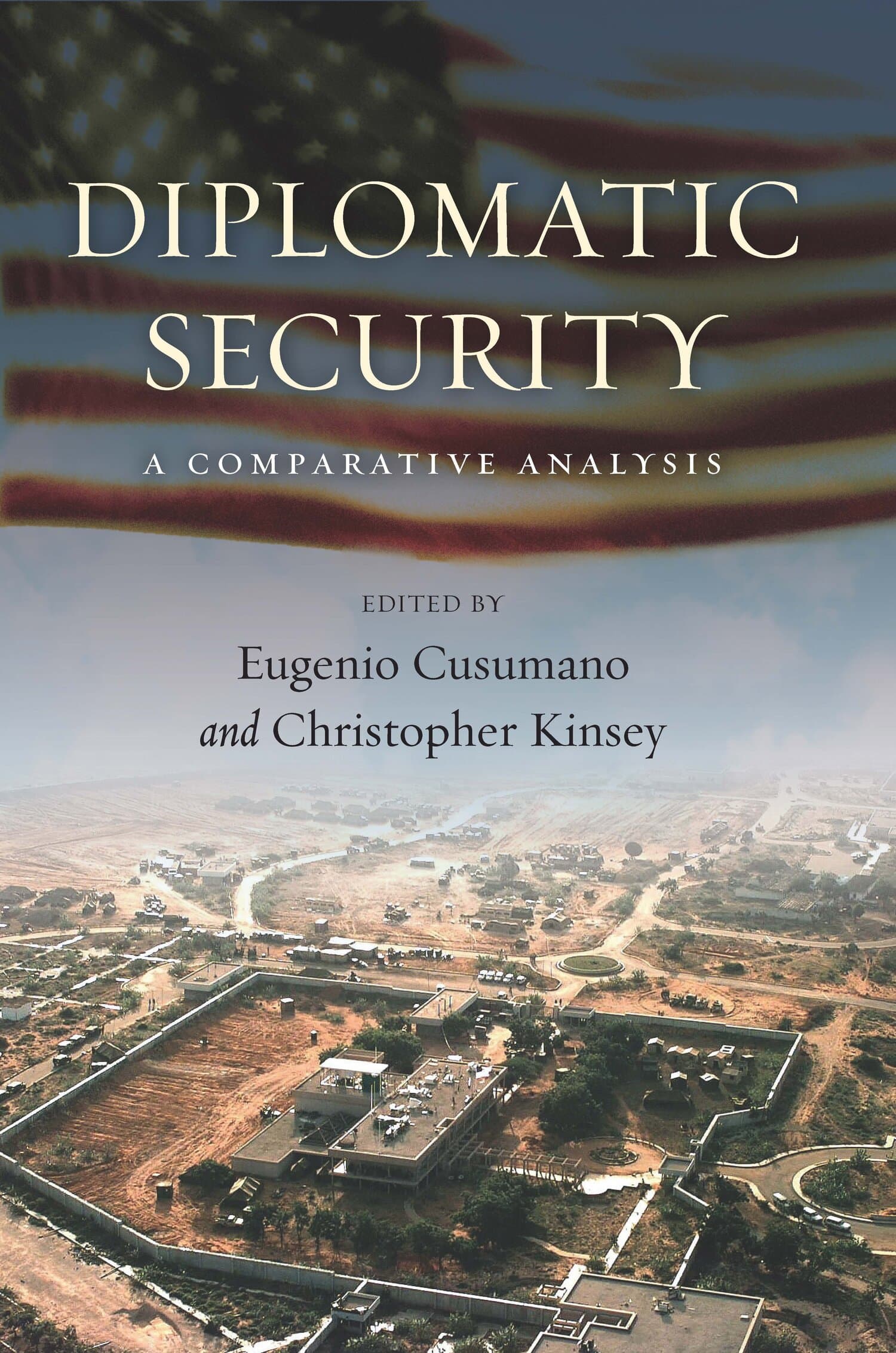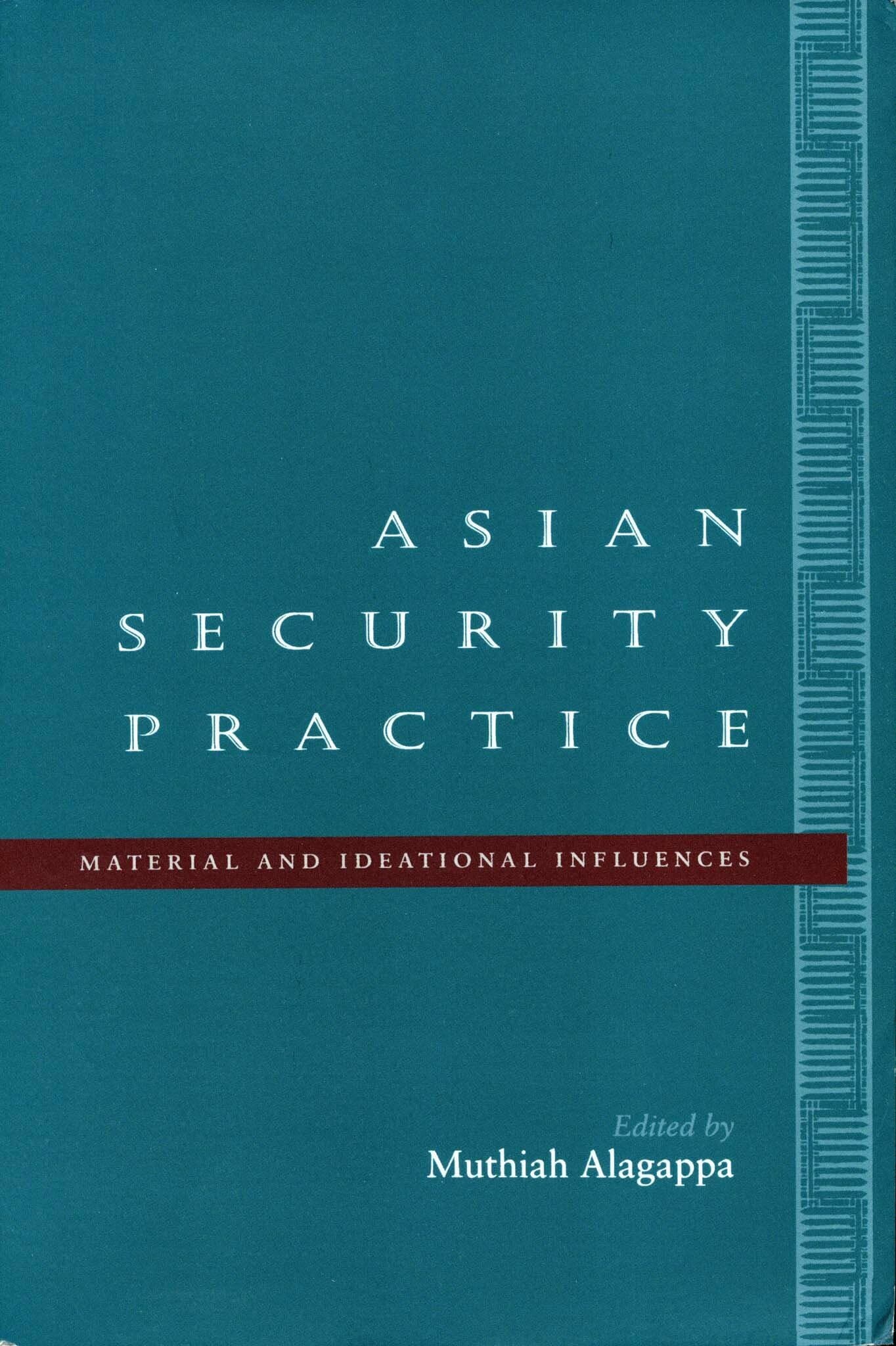Trapped

Exploring the pernicious influence of security capitalism on neighborhoods, airports, cities, and states.
Calls to defund the police or to stop brutal police violence, argue Mark Maguire and Setha Low, will never succeed as long as there are those who enjoy and take comfort in security capitalism. Security capitalism can be recognized by the marks it leaves on society, remaking public space in its own image—privatized, fortified, unequal, striated, and access-controlled. With a global and comparative lens that takes readers from Nairobi to New York City, Maguire and Low offer intimate portraits of the people behind security capitalism—the police, policy makers, and private contractors who agree that a price must be paid in blood to maintain public safety—and critique phenomena like the transfer of public funds to arms dealers via the militarization of police, securitized housing developments, and ineffectual counterterrorism efforts.
But more than just an exposé of the nefarious corporations, corrupt agencies, and incompetent governments, this book uniquely shines the spotlight on the ordinary citizens whose desires for safety drive these phenomena. Angela Davis has written of the challenge of persuading people that "safety, safeguarded by violence, is not really safety." Maguire and Low aid us in thinking through the challenge, providing a common language to discuss security capitalism and offering ways to escape its clutches.
—Alex Vitale, author of The End of Policing
"Mark Maguire and Setha Low have crafted an accessible and engaging book about how to escape the gated worldviews that have infiltrated everyday life. Highly recommended."
—Reece Jones, author of Nobody Is Protected: How the Border Patrol Became the Most Dangerous Police Force in the United States
"While there have been many ethnographic investigations of specific dimensions of security in particular sites around the world, this compelling, concise, and very teachable text draws on comparative ethnographic cases from around the world to provide a more holistic view of the subject. Trapped offers readers a narrative-driven study of how security traverses a range of social institutions and spatial domains to become, as Low and Maguire describe it, "everywhere." Trapped shows us how security—and its mechanisms of fear, violence, and isolation—works through society across vertical and horizontal scales and shapes our public worlds as well as our interior selves."
—Kristin Monroe, author of The Insecure City: Space, Mobility, and Power
"People all over the world are gnawed by chronic feelings of insecurity. The dominant response to these feelings is to build more and more walls, cages, and intrusive forms of surveillance. Trapped is a brilliant anatomy of these destructive policies. In their accessible and ambitious book, Maguire and Low survey the state of what they call security capitalism. Through a series of fine-grained, globe-straddling ethnographic studies of life under security capitalism, they take readers inside gated middle-class residential enclaves and elite urban developments in the US, track the career of an Irish cop from community policing to anti-terror consulting, and discuss the airport as a laboratory for new security policies and technologies. Trapped offers an incisive critique of security capitalism, showing how permeable these various walls are, how securitization is driven by racialized fearmongering that undermines efforts to build inclusive public space, and what alternatives societies can construct to escape self-built cages."
—Ashley Dawson, author of People's Power: Reclaiming the Energy Commons
"Trapped is a disconcerting, anti-habituating read, suggesting that too much power has already been ceded to private security interests that are not accountable to the public.
"Do we want to be 'end users' of security offerings, or citizens of thriving communities? Mr. Maguire and Ms. Low say it is not too late to choose the latter."
—Marian E. Lindberg, The East Hampton Star
"Through careful and poignant ethnography weaved throughout this focused explication of security capitalism, Maguire and Low rightly illustrate how the continued separation of the (usually white) middle and upper class from others is fundamental to the promulgation of security capitalism.... Highly recommended."
—T. Gitzen, CHOICE
"Trapped is a trim and accessible volume that pairs ethnographic storytelling with trenchant critique while still leaving space in the book's conclusion to outline steps for defunding security. Its style is essential to the political work that the authors see this book doing in tearing down the walls, both literal and conceptual, that have created a gated worldview built on fear, distrust, and segregation."
—Russ Castronovo, Perspectives on Politics
"The deeper the authors delve into their ethnographic material and strive to conceptualize the experiences and stories presented, the sharper their analysis becomes."
—Nils Zurawski, American Ethnologist




